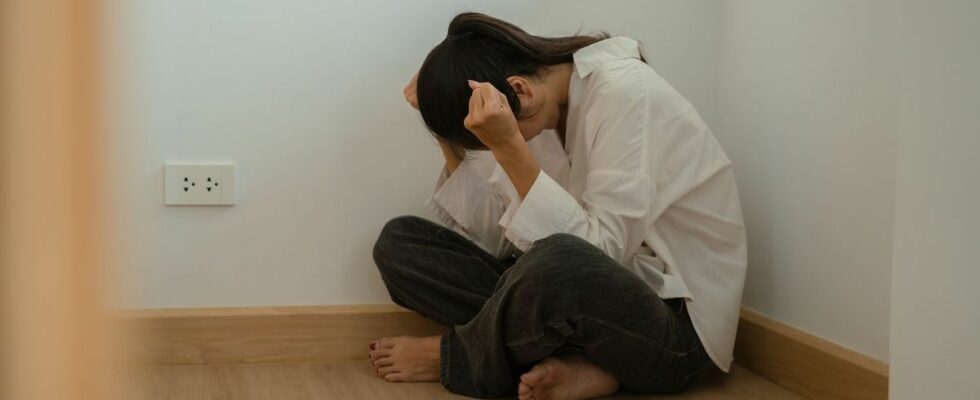Published on
updated on
Reading 1 min.
Although little known, anhedonia is a common trait of several mental disorders such as depression and schizophrenia. What exactly is it?
Taking care of your mental health is as important as taking care of your physical health. However, the subject remains taboo for some. As shown by a study by Santé Publique France carried out among 2,000 people and published in 2023, 24% of those surveyed feel ashamed to talk about their mental health problems. However, it is important to talk to a professional (doctor or psychologist), especially if you suffer from anhedonia.
What is anhedonia?
Anhedonia is a psychological symptom characterized by the inability to experience pleasure in activities that were usually enjoyable. People with anhedonia no longer derive satisfaction from activities that once gave them pleasure, such as hobbies, social interactions, or even sexual intercourse. This symptom was first described in 1896 by the French psychologist Théodule Ribot in his book “The Psychology of Feelings”. It was not until 1970 that this symptom was considered one of the diagnostic criteria for depression.
What are the causes?
The exact mechanisms of anhedonia are not fully understood, but it is often associated with dysfunctions in the brain’s reward circuits. Factors that may contribute to anhedonia may result from chemical imbalances, genetic factors, or stressful or traumatic experiences.
What possible treatments?
Treatment for anhedonia often depends on the underlying condition that is causing it. Some of the avenues that have proven successful in learning to enjoy life again include cognitive behavioral therapy (CBT) and regular exercise. A 2022 study from the University of Iowa found that exercise improved mood and reduced anhedonia in adults with major depressive disorder.

